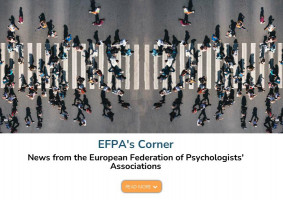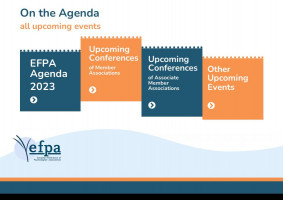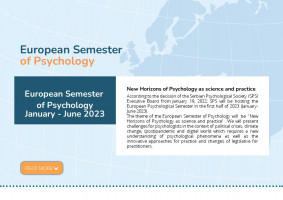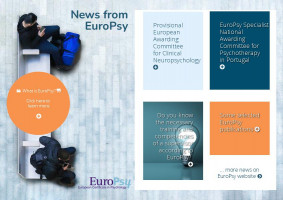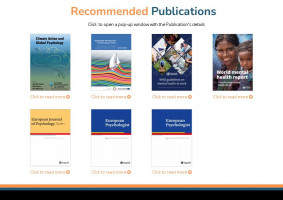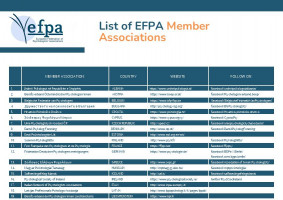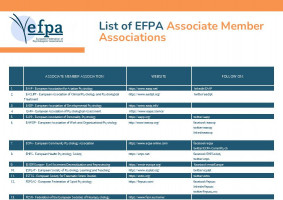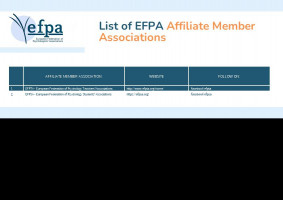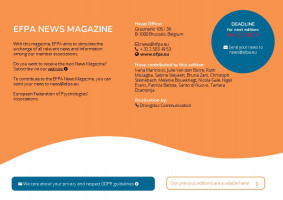READ MORE
International Self-Injury Awareness Day (SIAD) MENTUPP Policy Brief
On the occasion of International Self-Injury Awareness Day (SIAD) happening annually on 1st March, the MENTUPP Consortium has released a Policy Brief that strongly supports this important date by raising awareness for mental health in the workplace.
Aligned with the mission of SIAD, one of the goals of MENTUPP is to prevent self-harm and suicide. In our Policy Brief, we are emphasizing the importance of healthy workplaces for mental wellbeing. We also provide recommendations to governments and policymakers to take proactive steps towards preventing self-harm.
-
WHO News:
Ukraine Mental Health InitiativeDecember 9, 2022
The World Health Organisation in Europe reports that a WHO supported roadmap on mental health and psychosocial support of populations in Ukraine during and beyond the war has been presented and endorsed at a high-level meeting in Ukraine.
The operational roadmap entitled “Ukrainian Prioritized Multisectoral Mental Health and Psychosocial Support Actions During and After the War” sets out priority actions and principles in the field of mental health and psychosocial support in different sectors – including health, social work and education. It presents priority actions aimed at various population groups including veterans and their families, internally displaced people, people with disabilities, people who have experienced gender-based violence, people who have suffered from landmines and other groups.
The roadmap also includes resources and a list of evidence-based interventions and services for mental health and psychosocial support that have been adapted to the context of Ukraine over the last few years.
Read the full story here
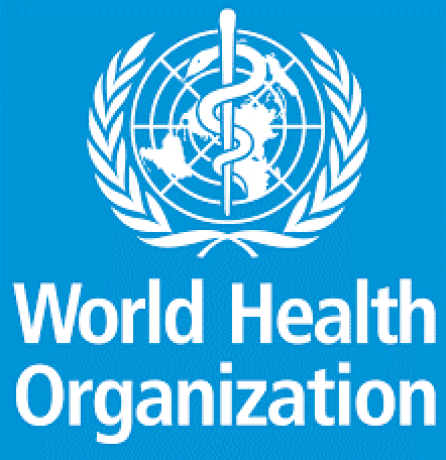
-
Gaming for mental health: Impact of a digital game in young
refugees when implemented as a psychosocial support
program enhanced by peer support.Dr. Solfrid Raknes,
Clinical Psychologist and Psychosocial Program Developer - EFPA Board of Prevention and Promotion.
Addressing the growing mental health crisis among young people, exasperated by the COVID-19 pandemic and an increasing number of refugees, we implemented The Helping Hand (HH) digital game as a blended learning group based program. After developing a digital mental health game for adolescents, we used mixed-methods to study the impact of this game on Syrian refugees growing up in poverty in Lebanon. In five cycles from spring 2021 to summer 2022, 125 groups of Syrian displaced adolescents (N=1,234) aged 12 – 17 years were recruited from tented settlements and non-formal education centers to participate in a 10-session program based on the Helping Hand. Adolescents were invited regardless of their mental health symptoms.
Read more - fold out
Wellbeing and mental health were assessed at baseline and directly after intervention, by standardized questionnaires. Qualitative data was collected in key informant interviews with the PSS workers who implemented the program. A peer support training model was explored as part of the dissemination of the program. The PSS staff who implemented the program evaluated it as an increasingly popular, much needed blended learning program with high impact, and relevant for all adolescents. Anxiety and depression symptoms significantly decreased in 75% of the adolescents who completed the program, and well being increased significantly in 56% of them.
Low drop-out rates (5%) and active dissemination of the app among adolescents trained as peer supporters were also signs of program feasibility. Finally, nearly all youth trained as peer supporters during the program started spreading the game to peers and they embrace their new role as local mental health advocates. Further, implementing the HH facilitated PSS staff development both regarding skills to facilitate dialogues with adolescents, personal growth, and digital skills.
One of the scenarios in the game is focusing on how to help friends with suicidal thoughts. The PSS staff witnessed that all groups worked concentrated and seriously on this theme, and thoughtful adolescents collaborated on finding good solutions on what to do. “No one was kidding. No one was doing other things. There were many who have had such thoughts, especially the girls."
In line with the vast majority of other schools in Lebanon, self-harm and suicidal thoughts are something young people in Lebanon relate to, either as something they struggle with themselves or in their group of friends. The staff communicated that they found support in having the Helping Hand scheme to carry out such a session: "Having such a tool, having the Helping Hand, it was a huge help in addressing such a theme!" One of the reflections shared by the employees was: "I have learned that it is important to put feelings into words and make room for the fact that everyone is different."
The experience seems to have strengthened the staff's confidence that good things can come out of dwelling on more difficult topics together with adolescents: "I have learned that we should talk about what is difficult. And that together we can have good reflections on taboo themes that are normally not talked about that much. I believe we are saving lives".
As the Helping Hand program seems to be feasible and highly impactful in decreasing mental health problems and improving well being among Syrian youth in Lebanon, it should be upscaled to reach more of the many adolescents who could benefit from psychosocial support. Our findings are in line with research demonstrating the potential of mental health technology across economic divides, and with peer support training as an impactful strategy for increasing community mental health literacy and decreasing stigma around mental health.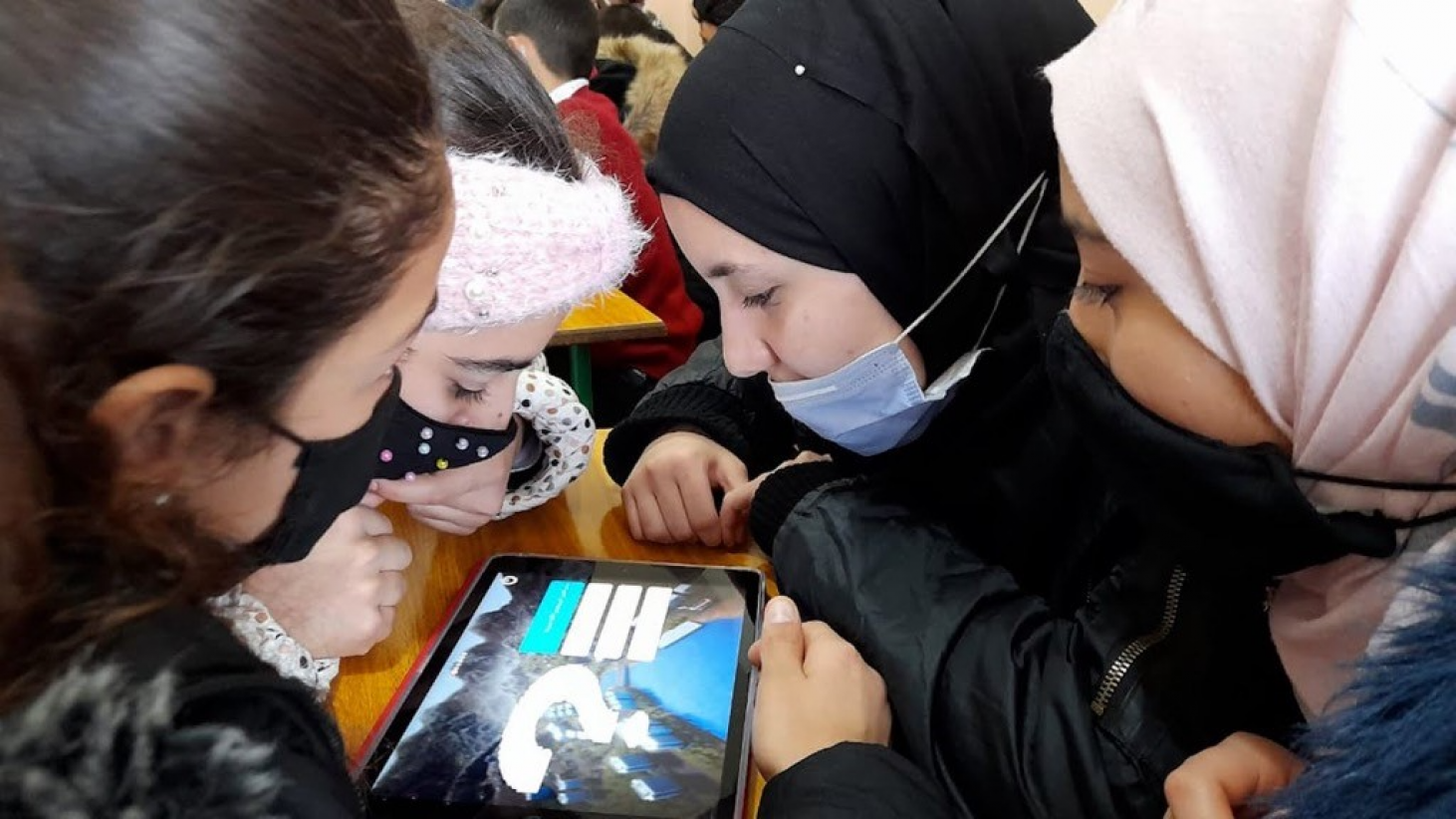
-
Psychological Assessment for the Safety and Health
of Transport Workers.At the European Congress of Psychology held in Ljubljana a topic regarded the psychological fitness in tasks and conditions for activities involving safety and health in working places. This issue was specifically related to the enlargement of professional psychology for the assessment of workers' competencies in railway and air enterprises. This text was issued by the CNOP (Italian National Council of Psychologists Order), an institution State subsidiary, that represents all the professional psychologists in Italy, in collaboration with the scientific societies AIP (Italian Association of Psychology) and SIPLO (Italian Society of Occupational and Organizational Psychology). The evolution of many work tasks and attention to mental health, as well as the protection of collective safety, have suggested the divulgation of an e-book.
As can be seen from the literature and experiences, strong changes are taking place in production processes (computerization and automation, change of employees by age and cultural origin, job insecurity, etc.) also affected by the consequences of the pandemic and the economic crisis. On the other hand, the reference literature suggests that anxious depression will be the most widespread psychic pathology by 2030, together with the mental consequences of the use of psychoactive substances (including illicit ones) in the workplace.
Read more - text fold out
This set of aspects strongly influences workers' health and safety, consequently is increasing the need to evaluate the fitness of psychological functionality, that involves the safety of workers (e.g. train and air transports), in hiring and during the work path. Psychological evaluation of fitness for a job aims to assess psycho-aptitudinal skills and specific personality aspects of the worker, and eventual evidence of forms of mental distress or disorder. In particular, it describes the absence of cognitive, emotional, or behavioral "functional deficits" that can compromise safety in professional tasks.
Moreover, it evaluates the maintenance of the subject's psychological functional abilities for job tasks, e.g., after the presence of adverse events or mental disorders, to help ensure the health and safety conditions of personnel to protect also the community from risks deriving from workers' unfitness. This approach can give added value to the assessment in the complex field of mental health and therefore for supporting the occupational evaluation of the worker. In particular, this psychological assessment finds its elective field for a wide range of mild and moderate mental disorders and in severe ones for planning a total or partial functional compensation. It is also useful for solving doubts about the persistence of the psychological requirements of the staff already in service.
These evaluations are specific to psychologists because purpose and practice are distinguished from the usual personnel selection. Psychological assessment of specific tasks and conditions could be included in a staff selection process, but it investigates a different area of the assessments carried out in the typical staff selection and management. It is different:- by objective, because the first is aimed at assessing the absence of deficits in operational psychological abilities and in personality dimensions and not primarily at choosing the people with the best skills;
- for the definition of the cut-off which, in the second case, is in relation to the best performances, while in the case of fitness is indicative of psychological functional deficit;
- for the choice of the evaluation method, also aimed at the sustainability of the judgment in the event of appeals;- for the use of congruent tools (in terms of content and type of expected result) with the objective of fitness;
- for the type of user base which also concerns workers who already perform tasks and are not only candidates in the selection phase.
Psychological fitness differs from psychiatric assessments mainly aimed at necessary qualitative and quantitative diagnosis of psychopathology, its organic causes, substance intake, pharmacological and therapeutic aspects for prognosis. Psychiatric specialist check usually carries out in the case of important mental disorder in progress or in the context dedicated to the diagnosis and medical treatment of patients, while psychologists have competencies to evaluate normal and abnormal behavior linked to work environment.
The considerations on psychological check for fitness in transport jobs are well supported by some European rules:
- DIRECTIVE 2007/59/EC OF THE EUROPEAN PARLIAMENT AND OF THE COUNCIL of 23 October 2007 on the certification of train drivers operating locomotives and trains on the railway system in the Community. Art. Article 11 Basic requirements, Annex II point 2.2, 3.1, art. 16.
- European Commission Regulation (EU) 2019/773, for the train crew. Point 4.7.2.1.2 for appointment psychological evaluation. For subsequent evaluations, in case of the inconvenience of operation or doubt about the persistence of the requirements, reference is made to art. 4.7.2.2.3. Evaluation minimum criteria related to safety function needs: a) cognitive: attention and concentration, memory, perception skills, reasoning, communication; b) psychomotor: reaction speed, gestural coordination; c) behavioral and personality-related: emotional self-control, behavioral reliability, autonomy, conscientiousness.
- COMMISSION DELEGATED REGULATION (EU) 2018/762 of 8 March 2018 establishing common safety methods on safety management system requirements pursuant to Directive (EU) 2016/798 of the European Parliament and of the Council and repealing Commission Regulations (EU) No 1158/2010 and (EU) No 1169/2010 (Text with EEA relevance), Competences point 4.2.
- REGULATIONS COMMISSION (EU) 2018/1042 of 23 July 2018 amending Regulation (EU) No 965/2012, as regards technical requirements and administrative procedures related to introducing support programs, psychological assessment of flight crew, as well as systematic and random testing of psychoactive substances to ensure medical fitness of flight and cabin crew members, and as regards equipping newly manufactured turbine-powered airplanes with a maximum certified take-off mass of 5,700 kg or less and approved to carry six to nine passengers with a terrain awareness warning system. Specifically, in CAT.GEN.MPA.175 - Endangering safety.
Furthermore, supporting this psychological evaluation allows a wide expansion of specifically psychological activities in workplaces, also with possible positive consequences on other sectors such as better collaboration in medical examinations for issuing driving licenses on road. For these reasons, we suggest evaluating the opportunity to create a group of experts who can monitor and propose, to the EFPA management, specific actions at the European level for the protection of health workers and users in the railway and air transport sectors.
Franco Amore, Pietro Bussotti, Santo Di Nuovo,Italian Network of Psychological Associations
- by objective, because the first is aimed at assessing the absence of deficits in operational psychological abilities and in personality dimensions and not primarily at choosing the people with the best skills;
ICP 2024 will feature an Emerging Psychologists’ Programme as an integral part of the scientific programme. The Emerging Psychologists’ Programme is intended to enhance communication between Emerging Psychologists from different countries and diverse cultural backgrounds, to promote exchange of knowledge between established and younger scientists, and to help younger scientists acquire new insights into specific fields of psychology and psychology in general.
Who is eligible to apply for EPP?
Those who are working on their PhD thesis or are on a postdoctoral fellowship and want to become leading scholars in psychology. Please follow the updated information regarding application and guidelines on the ICP 2024 website and social media.
Applications, including all documents, should be submitted by email to secretariat@icp2024.com by July 1st, 2023.
Incomplete documentation will not be processed.


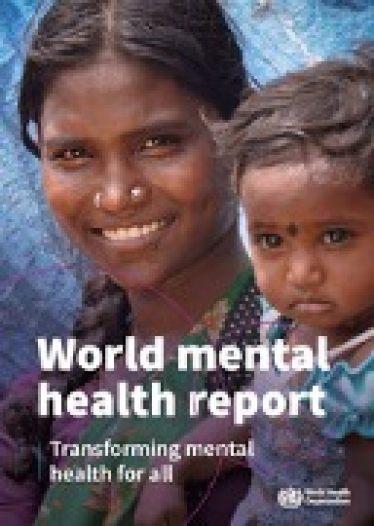
World Mental Health Report:
Transforming Mental Health for All
January 6, 2023
Mental health is critically important to everyone, everywhere. All over the world, mental health needs are high but responses are insufficient and inadequate. This “World Mental Health Report” is designed to inspire and inform better mental health for all. Drawing on the latest evidence available, showcasing examples of good practice from around the world, and voicing people’s lived experience, it highlights why and where change is most needed and how it can best be achieved. It calls on all stakeholders to work together to deepen the value and commitment given to mental health, reshape the environments that influence mental health, and strengthen the systems that care for mental health.
Download the report here
_w1700_h498_1.png)
Share your news
with EFPA Members?
news@efpa.eu
(1)_w1700_h406_1.png)
_w510_h358_1.png)


